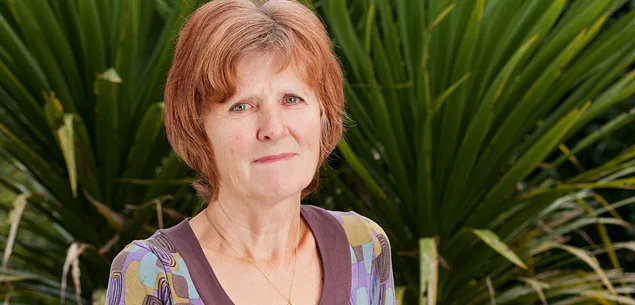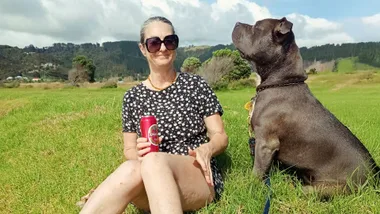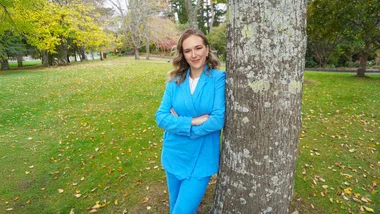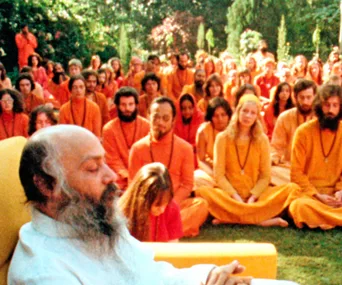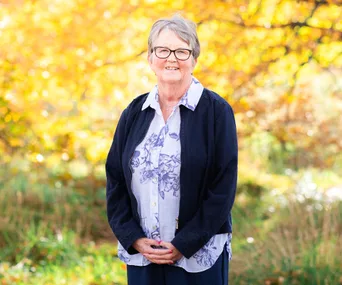It’s the small things that can suddenly trigger memories for Sarah Godwin. Like the the other week, when she bought some honey and it reminded her how her son, Quentin, loved bees so much that she gave him a kitset hive for his 11th birthday. “Bees fascinated him,” she remembers, smiling sadly.
Memories are just about all Sarah has left of Quentin, known as Q. Twenty years ago this month, her 18-year-old son left his Auckland home to go to his after-school job at a local supermarket, and never returned. No trace of him has ever been found. Q, who had bipolar disorder, left a note suggesting he intended to take his life. But he was seen by schoolmates several days later at Piha beach and there was another alleged sighting at a railway station. There are no clues as to what happened to him.
“There is this big question mark hanging over us all the time,” says Sarah, who also has three daughters and two stepchildren. “We don’t know if we are grieving for someone who is dead or who has disappeared.”
English-born Sarah (64) was in the UK visiting her parents in May 1992 when she got a phone call telling her Q was missing. She flew back to Auckland and a few days later, on the date she was originally due to return, the phone rang, but the person on the other end did not
speak.
“I think that was Q,” she says. “He knew that was the day I was coming back. Other times the phone would ring and nobody was on the other end, and would think that was him.” Although the note suggested there was a chance he’d committed suicide, Sarah says for years she was sure he must be alive, “because I felt I would have some premonition-type feeling if he was dead”.
In the best case scenario, she imagines Q living quietly in a rural area – he loved the countryside. The reason he hasn’t got in touch could be that people who choose to disappear don’t make contact because they feel they’ve caused so much trouble their families would be better off without them. “And the longer you leave it, the harder it can be to come back.”
But as the years have passed, Sarah has had to consider the possibility that he did commit suicide. “I know he could be lying in the bush some place where nobody goes, where he may never be discovered.”
Two years after her son disappeared, Sarah’s marriage to Q’s stepfather, Steve, broke up, and a year later she made the difficult decision to move back to the UK. “There was a memory on every street and I’d reached the end of my ability to cope. I struggled with leaving, but there was still family here who Q could contact if he wanted to.”
Sarah, a fundraiser for charities, has just been back to Auckland to see family, but also to remind New Zealanders that the search for Q continues. In the UK she does volunteer work for the charity Missing People and last year she spoke before the British parliament as part of a drive to get more support for families of those who’ve gone missing.
She joined Madeleine McCann’s mum, Kate, and another woman involved in the campaign, Nicki Durbin, and says they were the first people who understood what she’s been through. “It is a very isolating experience. People can’t know what it’s like unless they’ve been through it.”
Sarah and Kate have met several times since and keep in touch via email. Many of Sarah’ acquaintances in England did not know her son was missing until she appeared in the media with Kate. “I don’t always tell people. It’s hard to talk about.”
She says she has learned to live with the situation. “You have to or you crack up. I’m lucky I had other children, my mum and dad and a supportive circle of friends. I’ve just kept going.”
Sarah says she continues to hope for a miracle. If Q is alive,she wants him to know he would be welcomed back with open arms. “We love him and we miss him. He will always be part of our family.”
